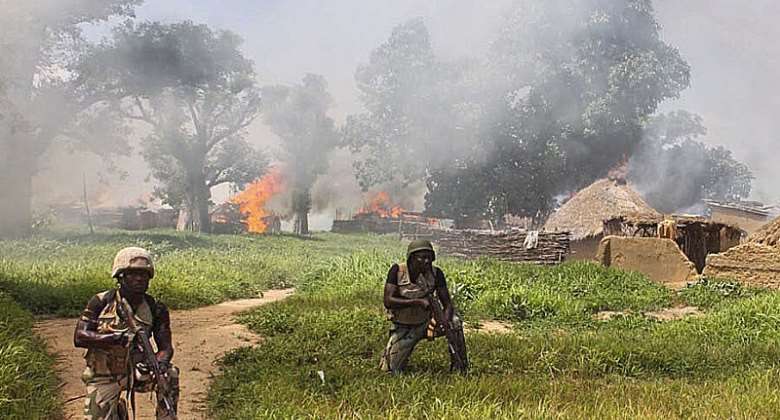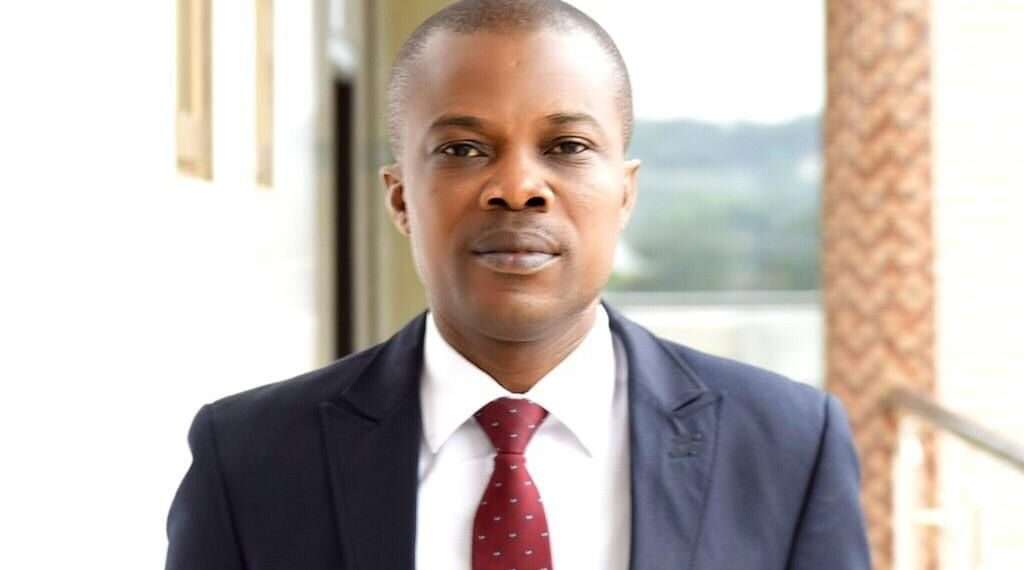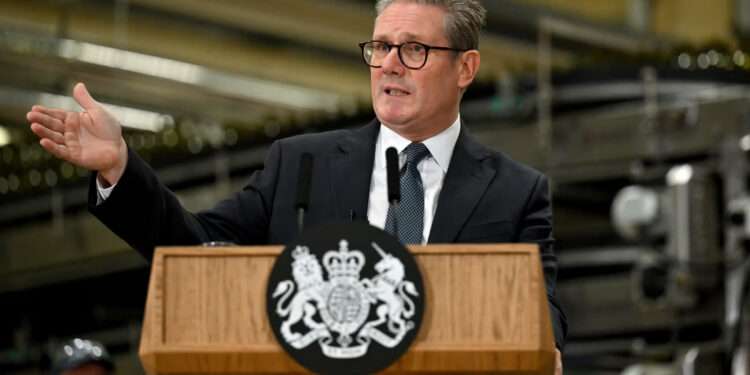In recent days, the Bawku area in Ghana’s Upper East Region has been the center of renewed violence and tragic loss, as a longstanding chieftaincy dispute between the Mamprusis and the Kusasis has claimed 19 lives.
The conflict, rooted in historical grievances and traditional leadership disputes, has led to government intervention and the imposition of a dawn-to-dusk curfew. As security forces work to prevent further clashes, the community grapples with enduring questions of governance, local autonomy, and systemic issues within the political landscape that may fuel this instability.
In an interview with the Vaultz News, Mr. Richard Kumadoe a security consultant has raised several pressing questions about accountability, transparency, and the effectiveness of government spending related to conflict resolution.
“We need to ask fundamental questions about the root causes of this conflict. Why are there so many lies surrounding this dispute? Who benefits from the money spent on ‘concrete’ solutions? We need to review our security methodologies and hold people accountable for past killings.”
Mr. Richard Kumadoe, security consultant
According to Mr. Kumadoe, a substantial amount of public funds is allocated to security measures in Bawku, with expenditures reaching up to GHC 10 million monthly.
He questioned whether these resources are truly serving the Bawku community or whether they are being misappropriated or mismanaged, possibly in ways that perpetuate the conflict rather than resolve it.
“There are conflict entrepreneurs, government entrepreneurs, and crime entrepreneurs,” Mr. Kumadoe observed, suggesting that the profit motive in maintaining conflict might incentivize some actors to prolong the hostilities.
This concept raises critical concerns about how financial gains derived from the conflict may discourage some stakeholders from pursuing effective conflict resolution measures.
The chieftaincy dispute in Bawku is deeply entrenched, with roots extending back decades as both the Mamprusis and Kusasis lay claim to local authority and cultural heritage.
The Mamprusis and Kusasis have a complex history regarding chieftaincy rights, and disagreements over rightful leadership have persisted over generations.
While Ghana’s Supreme Court has previously issued judgments on the matter, some community members contend that these decisions remain inconclusive and, at times, counterproductive in addressing the foundational issues behind the conflict.
Political Involvement Allegations

One of the most controversial aspects of the Bawku conflict is the suspected role of political interference in chieftaincy matters, which has increasingly undermined traditional authority.
“Some people believe that the government is turning a blind eye or that politicians are involved in this whole conflict,” Mr. Kumadoe state. “If it’s confirmed that politicians are involved, we won’t find lasting solutions until they are removed from these traditional areas.”
According to Mr. Kumadoe, the influence of politicians over who assumes chieftaincy positions has compromised the traditional system, allowing political agendas to interfere in what were once cultural and social matters.
“Today, it’s politicians who decide who becomes a chief or who doesn’t. It’s politicians who steal government lands.
“It’s politicians who get preferential treatment at funerals and in marriage ceremonies. Until we remove these political actors from traditional areas, we’ll continue to face these problems.”
Mr. Richard Kumadoe, security consultant
Mr. Kumadoe argued that by removing political actors from these traditionally governed spaces, Ghana could mitigate the intensity of conflicts like the one in Bawku and prevent similar issues from arising elsewhere.
Curfews: Short-Term Stability, Long-Term Concerns

In the wake of escalating violence, authorities have opted for curfews as a stopgap to stabilize the situation. However, security consultant Mr. Kumadoe argued that curfews provide only temporary relief and are no substitute for sustained peacebuilding efforts.
“Curfews are short-term security measures. They are useful for stabilizing a situation when security officers are caught off guard, but they cannot be a permanent solution.”
Mr. Richard Kumadoe, security consultant
Mr. Kumadoe emphasized the need for comprehensive, long-term approaches to resolving the conflict. “We need to review our security methodologies and approach we are using in the conflict,” Mr. Kumadoe stressed.
With Ghana approaching national elections, the impact of the Bawku conflict on broader security concerns is increasingly relevant. If the violence continues unabated, there are fears that the unrest may disrupt the electoral process, particularly within the affected regions.
Mr. Kumadoe suggested that if the conflict cannot be effectively managed, it may be prudent to consider declaring a state of emergency in Bawku to prevent further destabilization during the election period.
He cautioned that unresolved conflicts in regions like Bawku could lead to broader unrest during elections.
“If some people believe that they are pissed off and they are being sacrificed on the altar of politics, that level of agitation and anger can also make some individuals whether they are in Accra, Kumasi, Takoradi, ho to also take their frustrations onto the ballot box, and they want to scatter the election.”
Mr. Richard Kumadoe, security consultant
The tragic loss of lives in Bawku underscores the urgent need for a transformative approach to conflict resolution that goes beyond temporary curfews and ad hoc security measures.
Addressing the chieftaincy dispute in a way that respects traditional authority while removing political interference could help de-escalate tensions and foster trust within the community.
As Mr. Kumadoe highlighted, prioritizing transparency and accountability, not only in terms of financial expenditures but also in governance and leadership, will be essential for ensuring that the conflict does not re-emerge in future generations.
READ ALSO: Trump Victory To Force Ukraine Support Rethink- Orban




















